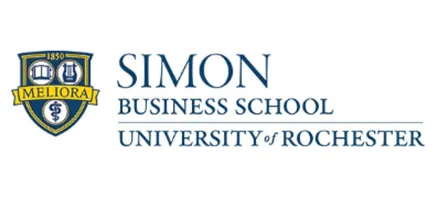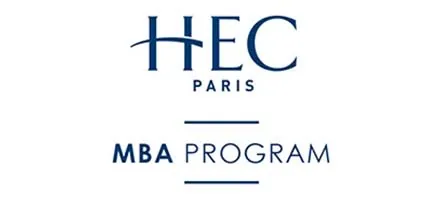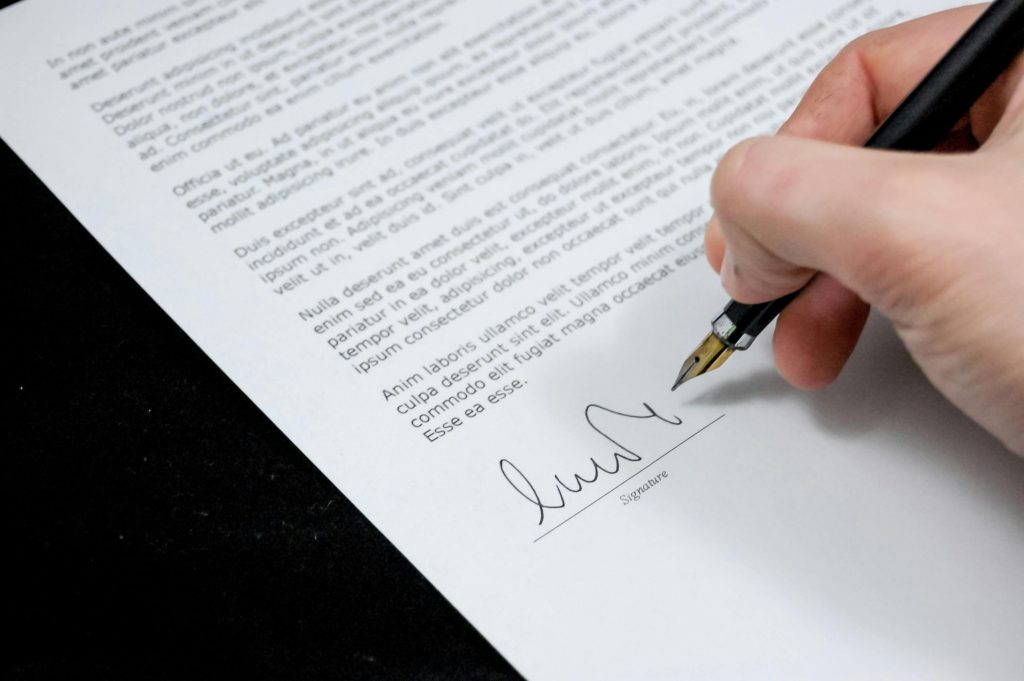Your letters of recommendation for MBA admissions carry a lot of weight. They are the only element of the MBA application not written by you, so they provide a credible independent assessment of your strengths, talents and leadership potential.
A carefully coordinated and crafted recommendation letter reinforces points you make in your MBA application, so it also helps validate your narrative.
As former Director of Admissions at INSEAD, I can affirm that a powerful letter of recommendation for MBA candidates can tip the balance in their favor at decision time. Alas, the reverse is also true. I’ve seen cases where a letter lacked detail or actually veered into negative commentary —and that completely undermined the application.
In the latter cases, the candidate obviously misunderstood their relationship with their recommender. You need to be strategic in selecting your recommenders and assiduous in how you prepare them, to make sure your letter of recommendation for an MBA program is memorable for all the right reasons.
Three things you need to know to secure a killer letter of recommendation:
1. Reframe how you ask for recommendations.
To position yourself and your recommenders for success, we advise that when you approach them, don’t just ask, “Would you be willing to write a recommendation for me?” Instead, frame your request positively: “Would you advocate for me?”
How your chosen recommender reacts will give you a valuable indication of whether they are willing to be your champion, or if there’s a risk that they could write a lukewarm recommendation. The best recommendation letters are written by someone who knows your capabilities, thinks you are fantastic, wants to help you, and can supply the kind of anecdotes and detail that speak to what makes you distinctive.
“A stellar letter of recommendation is all in the details, and details are the evidence. You don’t want a recommender offering a list of generic adjectives — e.g., ‘This person is ambitious and bright and has leadership skills’ — without any supporting examples,” says my Fortuna Admissions colleague and former Assistant Director at Harvard Business School, Malvina Miller Complainville. “If a recommender can’t speak about you with both substance and specificity, they aren’t the right person to ask.”
Choose a recommender who knows you well.
At Fortuna, we’re often asked if a letter from a high-profile recommender will boost the chances of admissions. As impressive as a lofty title or prestigious letterhead might be, what really matters is who the recommender is to you.
In our experience, recommendations from heads of state, four-star generals, Fortune 100 CEOs and other notables tend to be light on substance and even lighter on detail. Admissions committees will assume they were not actually written by the person who signed the letter, and the assistant who produces the letter may not have the time and knowledge to do justice to your achievements. And admissions staff will verify the letter’s authenticity with a follow up call.
Usually, you’re better off with a recommender who may be less well known, but truly knows you and has personally observed your performance over time. These are the people who can speak to your strengths and make your case with solid details.
2. Facilitate the process and prepare your recommender.
A great recommendation doesn’t happen by magic. Be prepared to manage the process. Start by scheduling a conversation with your recommenders. In that conversation,
- Walk them through your resume and remind them of your accomplishments and successes (don’t assume these will be fresh in their mind).
- Brainstorm your strengths and weaknesses with them, as they may have a different perspective than you.
- Give them a sense of what you will be highlighting in your MBA application essays, so they can reinforce the points you’re making.
- Make sure they’re prepared to speak to ways you have grown in your job and how you can develop further. The MBA admissions committee wants to know how you’ve managed issues and where you can build strengths.
- Follow up your discussion by sharing some bullet points reinforcing what you discussed. This is not about being prescriptive; you are simply facilitating an effective process and making the task easy for your recommendation writers. Don’t assume they know what they need to do just because they are accomplished professionals.
Be sure not to veer into writing the letter for them — for ethical reasons, of course, but also because your recommender’s voice and authenticity is fundamental to the letter’s credibility. Your MBA file reader is well trained at picking up parallels and styles, and can tell if your recommendation and essays are written by the same person.
3. Start early – at least two to three months before the deadline.
In my time at INSEAD, I can’t tell you how many panicked calls I received two days before an application deadline from candidates who just discovered that a recommender had left on vacation and was unlikely to submit the letter by deadline. Don’t put yourself in this position. You don’t want to torpedo your entire application with poor planning.
- Stay in touch with your recommenders so you know where they are in the process.
- Make sure you’re aware of any constraints in their availability.
- Provide clear communications and ample timelines.
Your recommenders are busy people and you’re asking them to do something above and beyond their day job. Your goal is to make it as easy as possible for them to write a glowing and detailed letter of support. Giving them clear instructions and following up with frequent touch points sets up your recommenders to serve as your outspoken champions.
Regardless of the outcome, remember to take the time to follow up and thank your recommenders for their support. A vital ingredient to your future success will be the relationships you cultivate along the way, and you want to ensure your recommenders know their efforts were sincerely appreciated. In this age of virtual everything, a handwritten thank you note is a thoughtful touch.
For more tips on how to secure a great letter of recommendation for MBA programs, see
- How to secure the Best Letters of Recommendation
- Should You Waive the Right to View Your Letter of Recommendation?
- MBA Recommendation Letter Tips for Stanford GSB and Harvard Business School
Want More Advice?
Fortuna’s team of former admissions professionals can coach you on your recommender strategy and any other aspect of your MBA application – or provide comprehensive guidance on every step of your admissions journey. Book a free 30-minute consultation to learn more about how we can help get you admitted to your dream school.
Caroline Diarte Edwards















